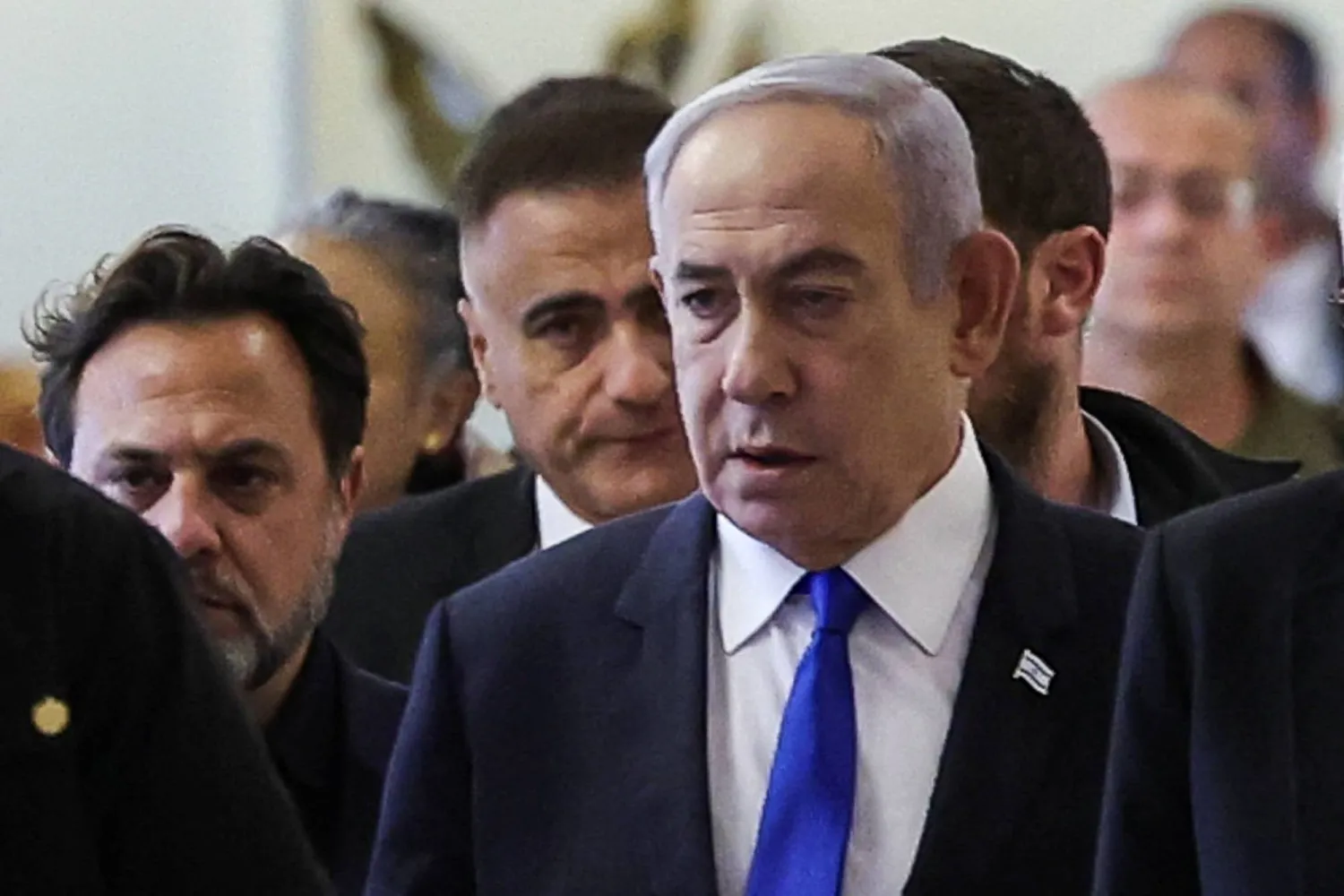France backs the International Criminal Court (ICC) and the 'fight against impunity', its foreign ministry said after the court's prosecutor sought an arrest warrant for Israeli Prime Minister Benjamin Netanyahu and others for alleged war crimes.
On Monday, ICC prosecutor Karim Khan said he had requested arrest warrants for Netanyahu, his defense chief Yoav Gallant and three Hamas leaders, including its chief, Yahya Sinwar, said AFP.
If such warrants are issued, however, members of the court, which includes nearly all countries of the European Union, could be put in a diplomatically difficult position.
"France supports the International Criminal Court, its independence and the fight against impunity in all situations", the foreign ministry said in a statement late on Monday.
While US President Joe Biden called the legal step against Israeli officials "outrageous", the French foreign ministry took a different stance.
It reiterated both its condemnation of Hamas's 'anti-Semitic massacres' on Oct. 7 as well as its warnings over possible violations of international humanitarian law by Israel's invasion of the Gaza strip.
"As far as Israel is concerned, it will be up to the court's pre-trial chamber to decide whether to issue these warrants, after examining the evidence put forward by the prosecutor ... ," the ministry said.
France Backs ICC after Prosecutor Seeks Arrest Warrants for Israel's Netanyahu

Israeli Prime Minister Benjamin Netanyahu arrives to his Likud party faction meeting at the Knesset, Israel's parliament, in Jerusalem May 20, 2024 REUTERS/ Ronen Zvulun

France Backs ICC after Prosecutor Seeks Arrest Warrants for Israel's Netanyahu

Israeli Prime Minister Benjamin Netanyahu arrives to his Likud party faction meeting at the Knesset, Israel's parliament, in Jerusalem May 20, 2024 REUTERS/ Ronen Zvulun
لم تشترك بعد
انشئ حساباً خاصاً بك لتحصل على أخبار مخصصة لك ولتتمتع بخاصية حفظ المقالات وتتلقى نشراتنا البريدية المتنوعة







